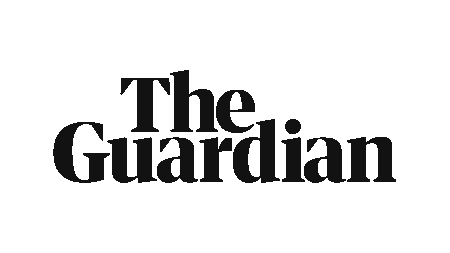
The Guardian
In the past year the Guardian’s journalism has rocked governments, challenged the powerful, and shaped public understanding of key global issues, from the urgency of the climate crisis to war in the Middle East. We published huge exclusives, including our revelation that Conservative peer Michelle Mone had secretly received tens of millions of pounds from the profits of PPE Medpro.
After criminal and House of Lords inquiries, we revealed in November 2023 that Mone had finally admitted her involvement in VIP-lane PPE contracts. Anna Isaac’s investigation into sexual misconduct at CBI had a huge impact. Tony Danker resigned and the CBI embarked on wholesale reform amid national debate about workplace treatment of women. Isaac also led the way on revelations that sparked Nadhim Zahawi’s resignation as chancellor over his tax affairs. In Westminster, Pippa Crerar led a scoop-hungry lobby team to a series of exclusives, including bullying revelations that led to resignation of deputy PM Dominic Raab. We marked one year since Bruno Pereira and Dom Phillips were murdered while reporting on the destruction of the Amazon with a major project to continue their work.
More widely, the Guardian’s climate crisis coverage was unrivalled; with dedicated reporters worldwide committed to revealing the scale of the emergency and linking global science to readers’ everyday lives. A major investigation into carbon offsetting sparked global debate, and we revealed how water industry privatisation led to Britain’s polluted seas and rivers. Our unwavering commitment to international reporting paid off in coverage of the Israel-Hamas war; from the shocking October 7 events onwards we covered fast-moving events in a humane and revelatory way. Amid unprecedented disinformation, our daily liveblog became essential reading. Readers worldwide flocked to us for news and expert analysis, explainers and perspective.
We also remained committed to covering the Ukraine war, from its everyday impact to geopolitical ramifications, and continuing to run a liveblog every single day. Coinciding with King Charles’ coronation, the Cost of the Crown investigation revealed hidden payments of over £1bn from the duchies, and hitherto unknown links to slavery. In response, Buckingham Palace announced it would support research into the monarchy’s historical links with transatlantic slavery. We also published the Scott Trust’s Legacies of Enslavement report into our own history, revealing that, even as Guardian founder John Edward Taylor led a newspaper which favoured the abolition of slavery, he and most of his 11 backers profited from the labour of enslaved people through the cotton trade. Cotton Capital, a groundbreaking magazine, podcast and digital project tracked the story of what that meant for the Guardian, Manchester and the world. The Guardian has exposed the mistreatment of migrant workers in Qatar for almost a decade and we kept the issue prominent throughout the men’s football World Cup. And for the Women’s World Cup we published 736 profiles of every player, providing the most in-depth coverage anywhere and reaching huge new audiences through our Women’s Football Weekly podcast.
The Guardian has continued to innovate, attracting new audiences across platforms from TikTok to our Today in Focus daily podcast and our daily authored newsletter First Edition.
Our impactful, lively Saturday magazine has gone from strength-to-strength and our features, interviews and lifestyle journalism reached broad and deep audiences.
Our journalism has real-world impact and a close two-way bond with our readers, who continue to trust us with their experiences in the Heat or Eat Diaries series, incredible stories of How We Survive, and inspiring tales of A New Start After 60.
With well-established newsrooms in the US and Australia, the Guardian redoubled its strategy to grow internationally while keeping our journalism free-and-open online for all.
And in September we launched our European digital edition for our millions of readers in Europe, investing in correspondents and columnists across news, culture, sport and the environment. Readers responded, immediately coming to the new edition in larger numbers and doubling their financial support.
In July, Ofcom revealed that the Guardian and Observer is the most widely-read digital news title among UK newspaper brands; our print market share continues to grow. Our unique reader-funded model means we can remain free, independent and open to all, reaching 148m unique browsers worldwide on average every month.